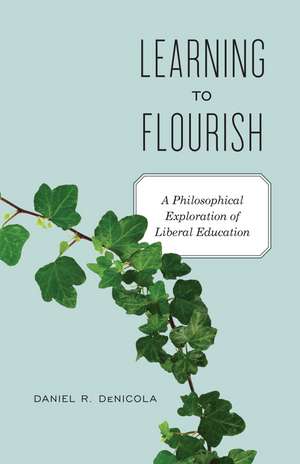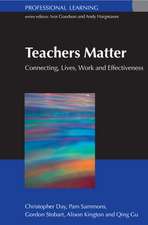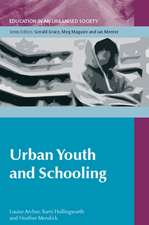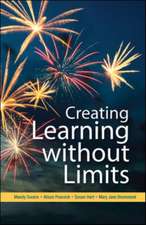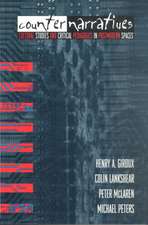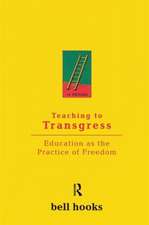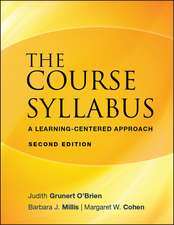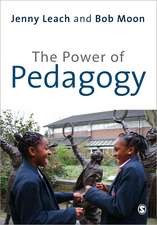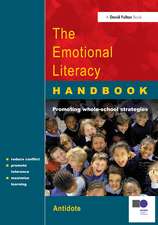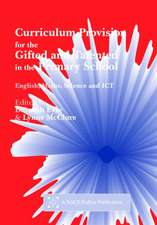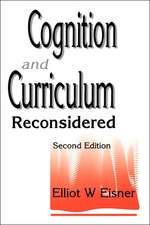Learning to Flourish: A Philosophical Exploration of Liberal Education
Autor Professor of Philosophy Daniel R. DeNicolaen Limba Engleză Paperback – 3 oct 2012
Preț: 264.57 lei
Preț vechi: 357.77 lei
-26% Nou
Puncte Express: 397
Preț estimativ în valută:
50.63€ • 54.14$ • 42.21£
50.63€ • 54.14$ • 42.21£
Carte tipărită la comandă
Livrare economică 17 aprilie-01 mai
Preluare comenzi: 021 569.72.76
Specificații
ISBN-13: 9781441111630
ISBN-10: 1441111638
Pagini: 240
Dimensiuni: 138 x 216 x 23 mm
Greutate: 0.39 kg
Ediția:New.
Editura: Bloomsbury Publishing
Colecția Continuum
Locul publicării:New York, United States
ISBN-10: 1441111638
Pagini: 240
Dimensiuni: 138 x 216 x 23 mm
Greutate: 0.39 kg
Ediția:New.
Editura: Bloomsbury Publishing
Colecția Continuum
Locul publicării:New York, United States
Caracteristici
Connects contemporary developments with concerns that define a long tradition of learning
Notă biografică
Daniel R. DeNicola is Professor of Philosophy at Gettysburg College, USA, where he was Provost for over a decade. Previously, he held similar titles for parallel periods at Rollins College. An award-winning teacher, he earned his doctorate in Philosophy of Education from Harvard University, where he has served as a Visiting Scholar.
Cuprins
Preface & AcknowledgmentsIntroductionPart I: Toward a Theory of Liberal Education1. Mixed Messages and False Starts2. Liberal Education and Human FlourishingPart II: Paradigms of Liberal Education3. Transmission of Culture4. Self-Actualization5. Understanding the World6. Engagement with the World7. The Skills of LearningPart III: The Values and Moral Aims of Liberal Education8. Core Values of Liberal Education9. Intrinsic Value 10.Educating a Good PersonPart IV: Obstacles, Threats, and Prospects 11. Persistent Concerns12. Newfound Threats13. Promise and Prospects BibliographyIndex
Recenzii
For persons concerned for the fate of liberal education - it does appear to be in jeopardy2 - and engaged with the debates swirling around and within it, Learning to Flourish is a useful resource, even if one is not persuaded by all the arguments. Although I am not familiar with all the writers to whom he refers, I think DeNicola does well, for the most part, to identify salient issues and take readers through alternatives and challenges to his claims.
Learning to Flourish is highly relevant to today's debates over the nature and value of liberal education. It addresses fundamental issues underpinning any defensible concept of liberal education and speaks compellingly to contemporary challenges.
Learning to Flourish is highly relevant to today's debates over the nature and value of liberal education. It addresses fundamental issues underpinning any defensible concept of liberal education and speaks compellingly to contemporary challenges.
